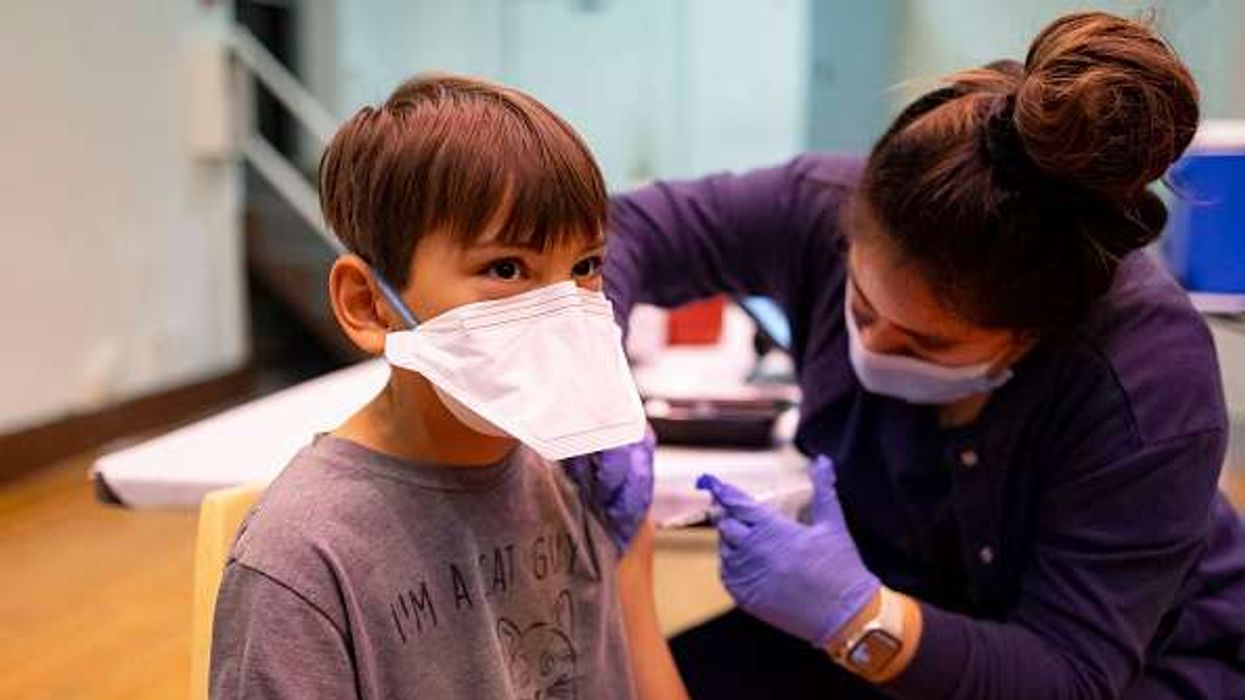Key Summary
- COVID-19 infection caused higher and longer-lasting heart/inflammatory risks in children
- Vaccine risks were brief and limited mainly to short-term myocarditis/pericarditis
- Infection risks stayed elevated for up to 12 months; vaccine risks returned to baseline after 4 weeks
A Cambridge University study has found that children and young people faced long-lasting and higher risks of rare heart and inflammatory complications after COVID-19 infection, compared to before or without an infection.
The study, published in The Lancet Child and Adolescent Health, said that COVID-19 vaccination was only linked to a short-term higher risk of myocarditis and pericarditis.
It was led by scientists at the Universities of Cambridge and Edinburgh, and University College London, with support from the British Heart Foundation (BHF) Data Science Centre at Health Data Research UK.
The research team analysed electronic health records of nearly 14 million children in England under the age of 18, between 1 January 2020 and 31 December 2022, covering 98 percent of this population.
During this period, 3.9 million children and young people had a first COVID-19 diagnosis. And 3.4 million had their first Pfizer vaccine, the main vaccine used in 5-18-year-olds during the study period.
Principal author Dr Alexia Sampri from Cambridge University said, “Children and young people were more likely to experience heart, vascular or inflammatory problems after a COVID-19 infection than after having the vaccine - and the risks after infection lasted much longer.”
During the study all personal information that could identify individuals were stripped away, and researchers accessed data entirely within the NHS England Secure Data Environment.
It looked at short- and long-term risks of rare complications including arterial and venous thrombosis (clots in blood vessels), thrombocytopenia (low levels of platelets in the blood), myocarditis or pericarditis (inflammation of the heart and its surrounding tissue respectively), and inflammatory conditions after COVID-19 diagnosis or vaccination.
After a first COVID-19 diagnosis, risks of the five conditions studied were highest in the first four weeks and, for several conditions, stayed higher for up to 12 months, compared to children and young people without or before a diagnosis.
In contrast, after COVID-19 vaccination, the team only saw a short-term higher risk in myocarditis or pericarditis in the first four weeks, compared to children and young people without or before vaccination.
After that, the risk returned to the same level as the start of the study period.
Many studies had earlier found that while COVID-19 vaccines can help children to avoid severe illness and hospitalisation, some also report rare cases of myocarditis in young people shortly after receiving a jab.













